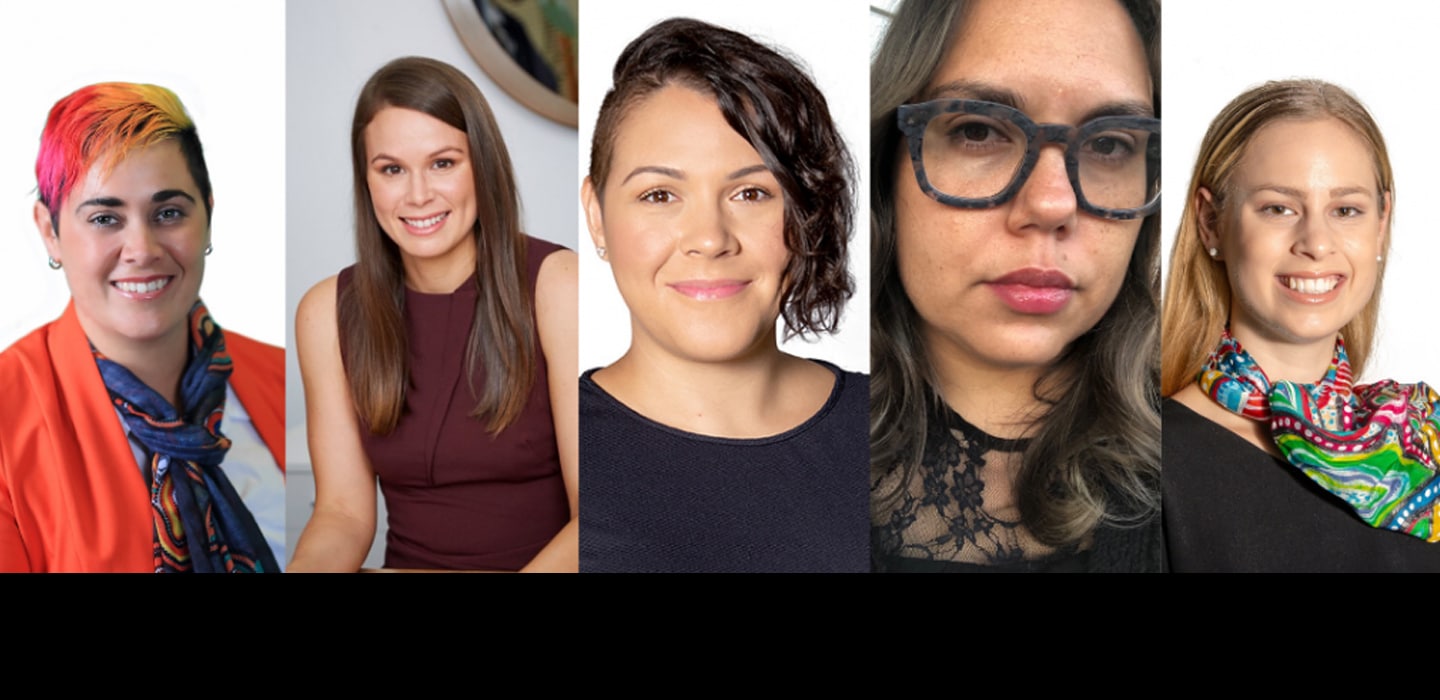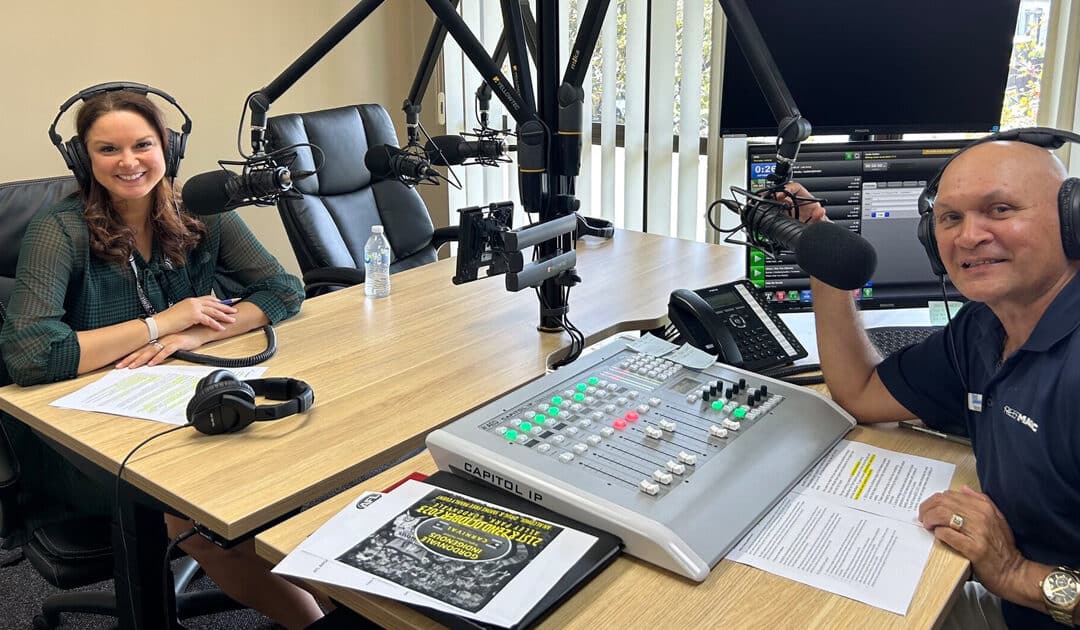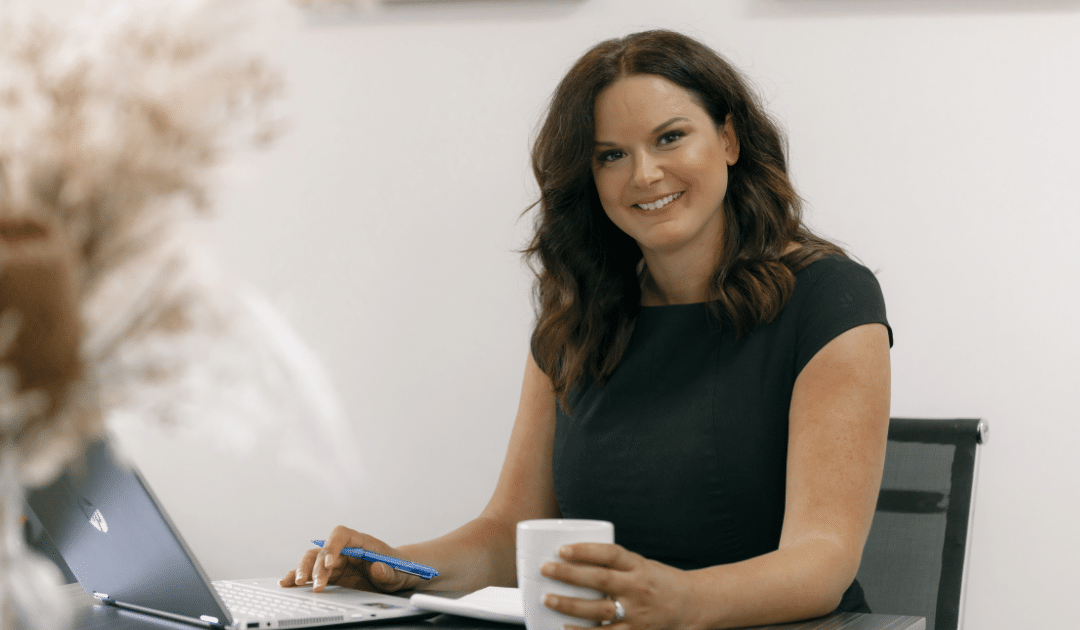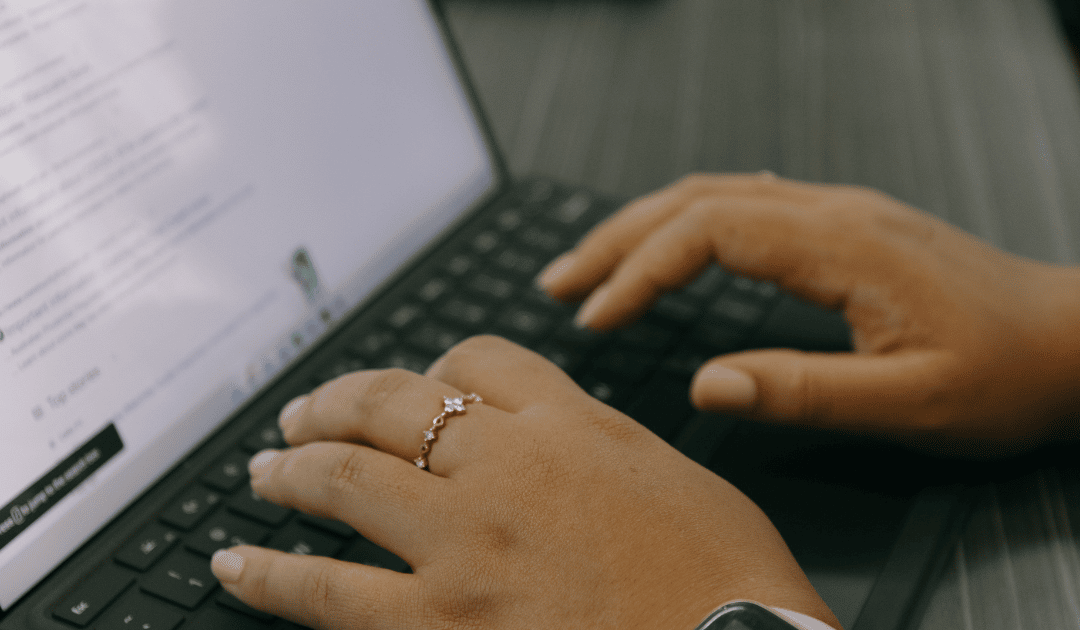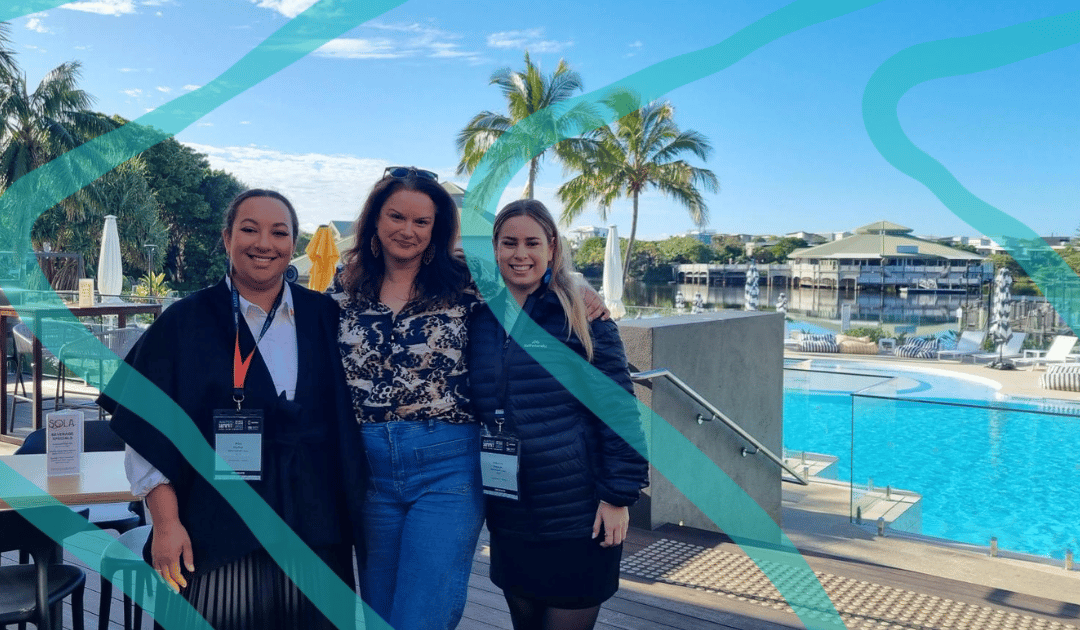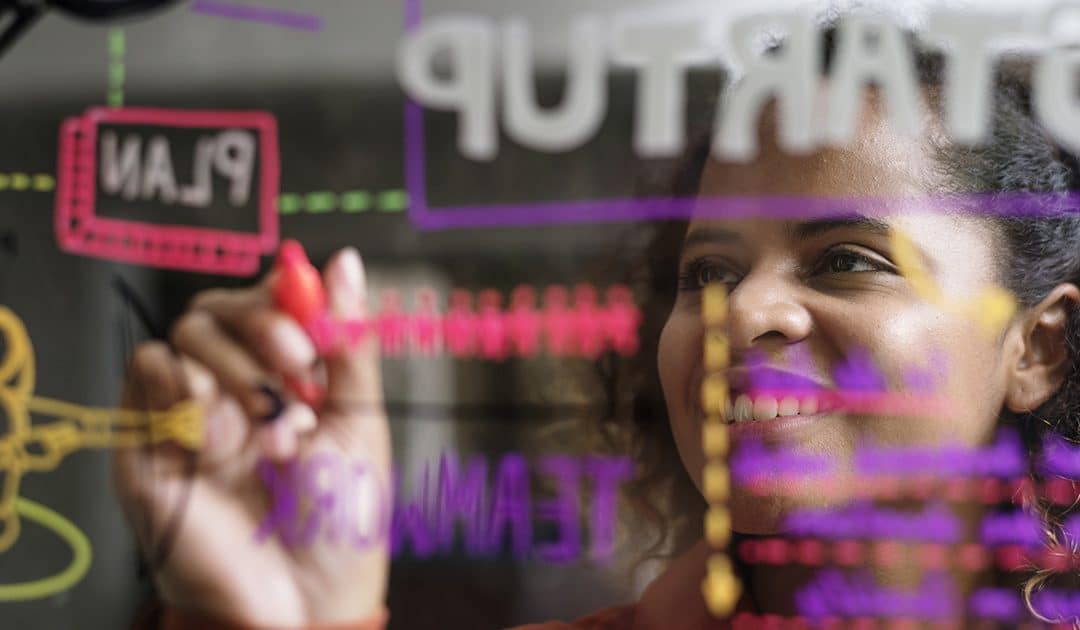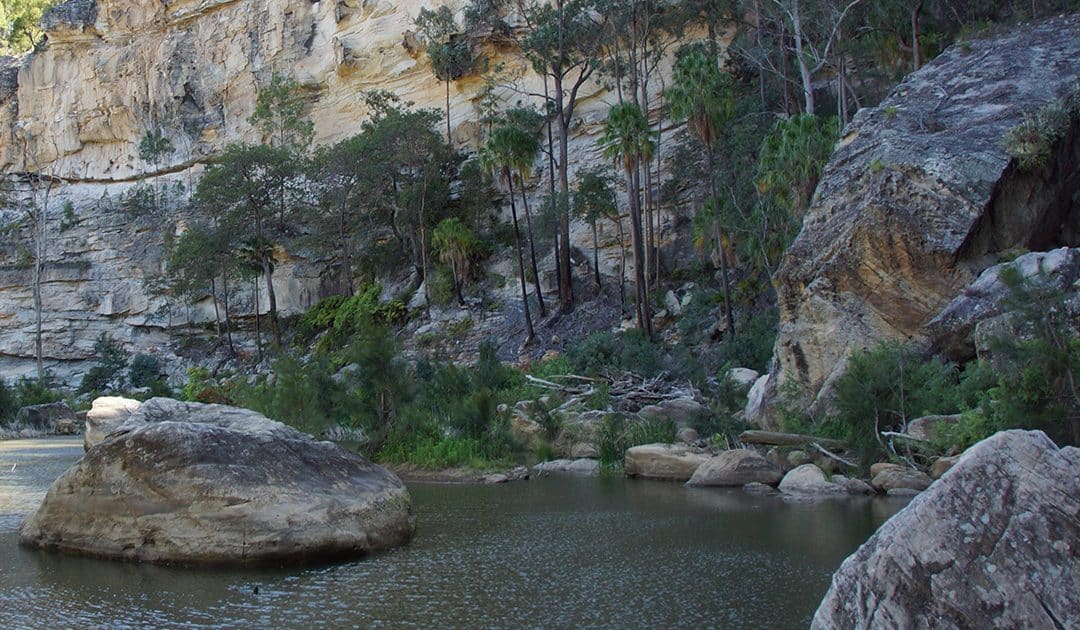Listen up… Why Indigenous women lawyers have the edge
The overwhelming majority of my staff are Indigenous women. While I’ve made deliberate decisions to employ good Indigenous legal people, I’ve never had the intention to preference women. The reality is that’s how it has worked out for me.
Like all good legal practitioners each one of these women are intelligent, assiduous, analytical, persuasive and able to cope under the pressures of a profession that is more taxing than most. But in my view, what gives them the edge on competitors is that they are excellent listeners.
There is a wealth of research into the ways that male and female communication styles differ. For example, one interesting article notes that “typically women have the edge in collaborative environments where listening skills, inclusive body language and empathy are more highly valued…” This research also finds that women are judged to be better at dialogue and men at monologue. Clearly women’s communication skills are particularly well suited to legal practice. Read the full article here: https://www.forbes.com/sites/carolkinseygoman/2016/03/31/is-your-communication-style-dictated-by-your-gender/#19827989eb9d
For Indigenous women in our team these listening skills are sharper still because for Aboriginal and Torres Strait Islanders listening is a central aspect of our cultures. We’ve all been taught that listening is how we learn; it is how we bond and it is fundamental to our people’s resilience and strength in the face of extreme adversity.
And while listening may sound like something everyone does naturally, you’d be surprised how many lawyers don’t listen enough, particularly to their clients and especially in the Indigenous space. I’ve seen so many times where people needing help are bamboozled into accepting advice from a solicitor who assumes they know what’s best without the client really understanding or being given the time and the opportunity to talk through the issues to be able to make an informed decision.
It’s an ugly power dynamic that no client deserves and this was the reason I set up my firm Marrawah Law in 2013. After seeing this happen so often to Aboriginal and Torres Strait Islanders I decided to form a business devoted to doing law the right way for them rather than the easy way for me. For me that means having the ability to really hear what a client means, properly understanding their situation, what they mean and then helping them make choices and respecting their decision.
And while I work in the Indigenous space, I’d posit that this sort of thing is endemic right across much of the legal spectrum.
So what are the take-aways from all of this?
First, the fundamental dynamic in the lawyer – client relationship is that the client is in charge. So if as a client you’ve felt that your lawyer isn’t listening to you or that they are making all the decisions without your input or agreement, then you might need to look for another lawyer – one who knows how to listen and respect their client. There are plenty of good lawyers out there.
Second, and perhaps most importantly, listening is a skill we’re taught and a skill that we can always develop and improve. That’s something all of us in the legal profession should pay heed to. Making the conscious decision to really hear and understand someone is a relatively easy choice that can build big rapport and often gets to the ‘real’ position faster. Careful and attentive listening makes for superior lawyering, happier clients and better outcomes.
And lastly, I’m deeply proud to work alongside these incredible Indigenous women practitioners/para-legals and a growing number of Indigenous female barristers. Happy International Women’s Day to you all.

